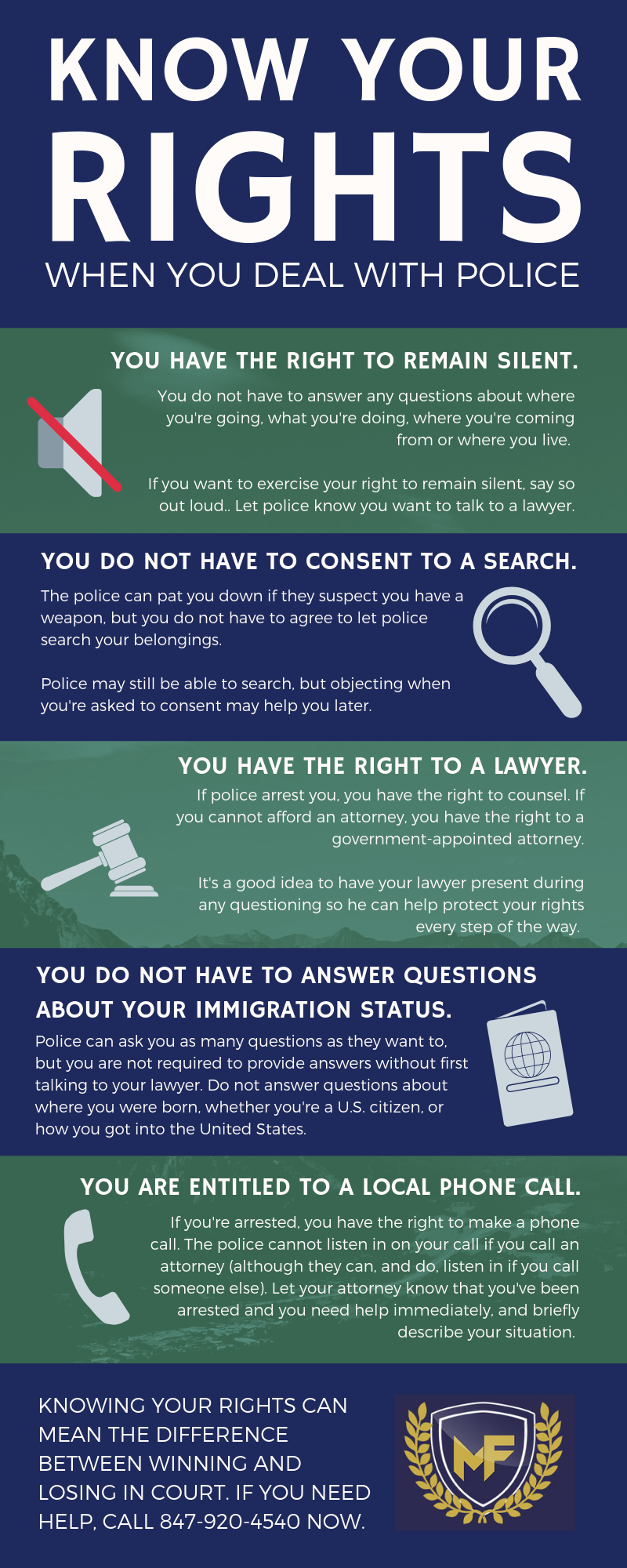Exactly How Criminal Justice Lawyer Get Ready For A Test: Inside The Refine
Exactly How Criminal Justice Lawyer Get Ready For A Test: Inside The Refine
Blog Article
Material By-Jamison Mcmahon
When you think of the prep work that goes into a criminal trial, it's simple to forget the considerable behind the curtain job lawyers participate in. You'll locate that they start by assessing the situation information and gathering proof, but it doesn't quit there. They craft approaches based upon that's commanding the instance and that's remaining on the jury. As they browse the complexities of each test, they likewise have to prepare for the prosecution's relocations. So, what specific actions do they require to make certain everything aligns completely come trial day?
Instance Analysis
When planning for a trial, a complete case evaluation is vital for any criminal justice attorney. You'll begin by assessing the truths of your instance, which establishes the foundation for your method. Understanding the timeline of events, determining principals, and acknowledging prospective weak points in the prosecution's debate will certainly assist you construct a solid approach.
Next, you'll evaluate any type of existing legal criteria that could influence your instance. Familiarizing yourself with similar situations can supply important understandings into just how courts might interpret the regulation. This understanding enables you to expect obstacles and address them proactively.
Furthermore, you'll intend to consult with your client to collect their point of view and ensure their story lines up with the proof. Efficient communication also assists develop count on, which is vital for a solid attorney-client partnership.
Lastly, take into consideration the implications of various outcomes. This evaluation not just prepares you for trial yet additionally enables you to recommend your customer on feasible appeal bargains or different resolutions.
Evidence Collection
After evaluating the instance, the following step involves celebration evidence that supports your client's defense. This procedure is critical, as the strength of your situation commonly hinges on the high quality and significance of the proof you accumulate.
You'll begin by determining prospective resources of proof, which may include witness declarations, authorities records, surveillance footage, and forensic information.
As soon as you've pinpointed these sources, you'll need to acquire them legally and ethically. https://www.myheraldreview.com/news/courthouse/criminal-defense-lawyers-get-ok-to-directly-contact-crime-victims/article_62d84880-c688-11ec-b261-6f86f3a5878f.html could imply filing requests for papers, talking to witnesses, and collaborating with professionals who can evaluate physical proof.
Be complete in your documentation; every item of proof should be cataloged thoroughly to ensure you can reference it easily during test.
It's additionally important to examine the proof for its admissibility. Some things may be engaging yet might encounter challenges in court due to lawful regulations. You'll wish to prepare for any type of arguments from the prosecution and prepare counterarguments.
Finally, keep your client notified throughout this process. Openness develops count on and helps them understand exactly how each item of evidence adds to their protection strategy.
This collaborative method lays the structure for a strong case as you move more detailed to trial.
Trial Approach Growth
Creating a trial strategy is necessary for effectively providing your case in court. You'll want to start by examining the proof accumulated and determining key themes that support your customer's position. Think of exactly how to present the facts in a compelling story that reverberates with the jury.
Next off, consider your target market. You need to tailor your method based upon the judge and jury's backgrounds, beliefs, and values. This understanding can direct exactly how you mount your arguments and choose which evidence to highlight.
It's also vital to expect the prosecution's strategy. Determine prospective weak points in your situation and develop counterarguments to address them proactively. Consider what inquiries jurors could have and be prepared with clear, succinct actions.
When you have actually developed your core debates, practice delivering them confidently. Mock trials can be useful for refining your presentation design and evaluating the performance of your approach.
Last but not least, stay adaptable throughout the trial. Prepare to adapt your strategy as brand-new proof or growths develop, guaranteeing you stay concentrated on achieving the most effective result for your client.
Final thought
In planning for test, you require to stay organized and proactive. By extensively evaluating the instance, gathering solid proof, and crafting a critical approach, you'll set on your own up for success. Bear in mind, flexibility is essential; be ready to adapt as the trial proceeds. With reliable interaction and technique via simulated trials, you'll be fully equipped to counter any kind of challenges that arise. Eventually, your preparation can make all the difference in achieving a beneficial outcome for your customer.
